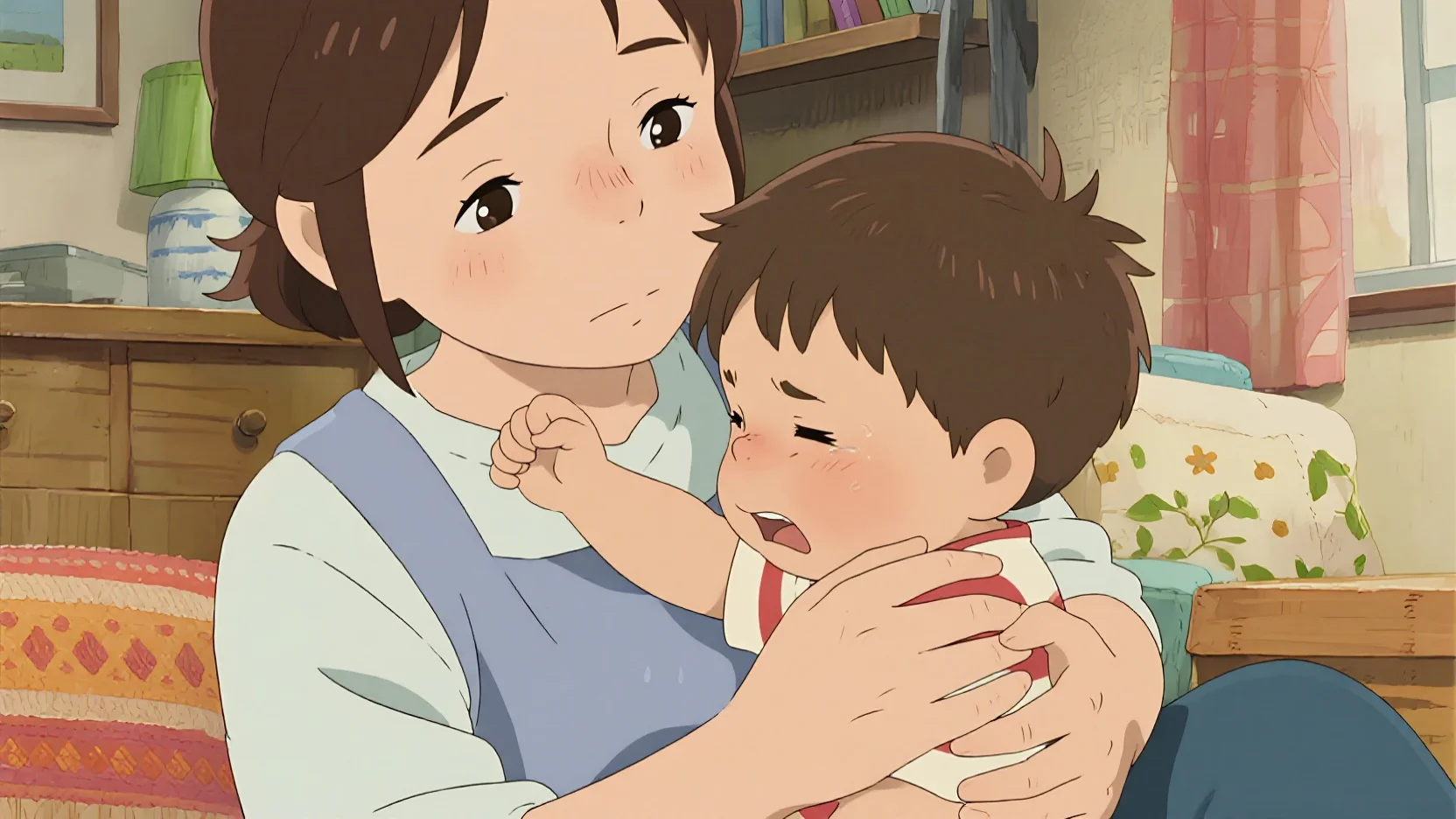It can be shocking when your usually sweet toddler suddenly hits, bites, or shoves. While aggressive behavior is developmentally normal, it’s important to respond effectively. Here’s what every parent should know.
Why Toddlers Act Out
Aggressive behaviors like hitting, shoving, and biting are common ways toddlers:
✔ Express frustration when they can’t communicate their needs
✔ Assert independence during play
✔ React to overwhelming emotions
✔ Test boundaries as they learn self-control
Key Insight: This doesn’t mean your child will grow up to be aggressive. Think of it as their primitive way of communicating before developing better skills.
7 Effective Strategies to Handle Aggression
1. Respond Immediately
- Intervene as soon as aggression occurs
- Use clear, simple language:
“We don’t hit. Hitting hurts.”
2. Don’t Reward Bad Behavior
- Never let them keep a toy taken by force
- This teaches that aggression = getting what they want
3. Comfort the Victim First
- Shows that aggression doesn’t earn attention
- Then acknowledge the aggressor’s feelings:
“I know you’re upset the toy was taken…”
4. Teach Alternatives
- Demonstrate gentle touches
- Offer phrases like “My turn please”
- Roleplay sharing scenarios
5. Praise Good Behavior
- Specifically compliment positive interactions:
“I loved how you shared your blocks!” - Reinforces what you want to see more of
6. Supervise Play Closely
- Step in at first signs of tension
- Use time-outs consistently (1 minute per year of age)
7. Model Calm Responses
- Never hit or bite to “show how it feels”
- Children learn more from your reactions than your words
When to Seek Help
Most children outgrow aggressive behaviors as they develop language and emotional regulation skills. Consult a professional if your child:
⚠️ Consistently hurts others at daycare/preschool
⚠️ Doesn’t respond to consistent discipline
⚠️ Shows aggression toward animals
Remember: This phase is temporary. With patience and consistent responses, your toddler will learn better ways to express their big feelings.








